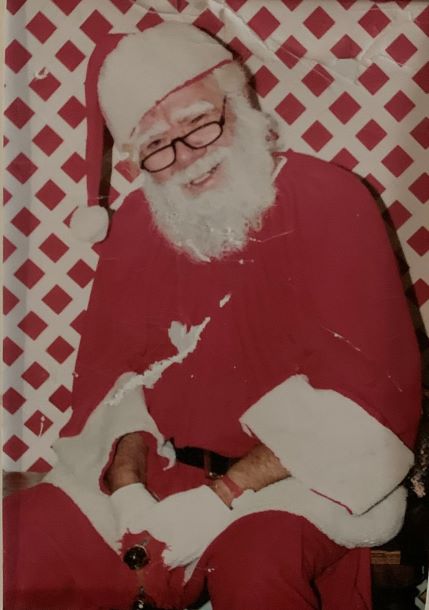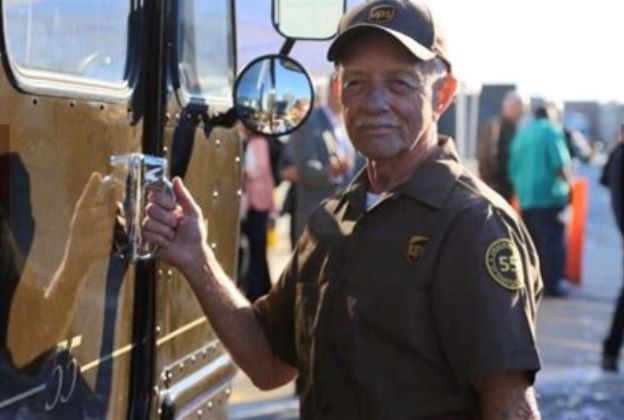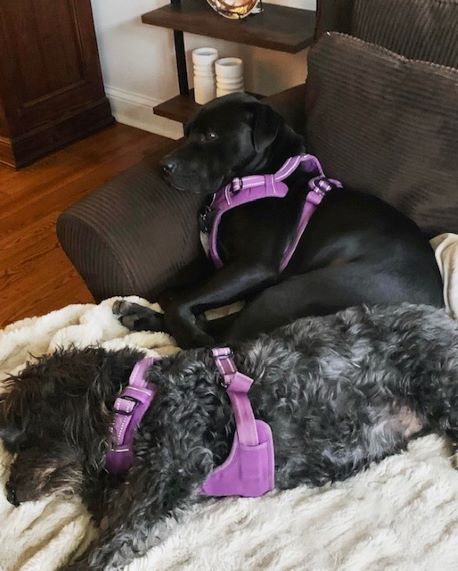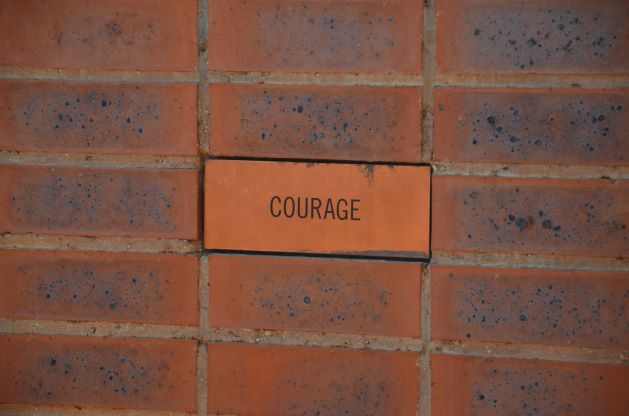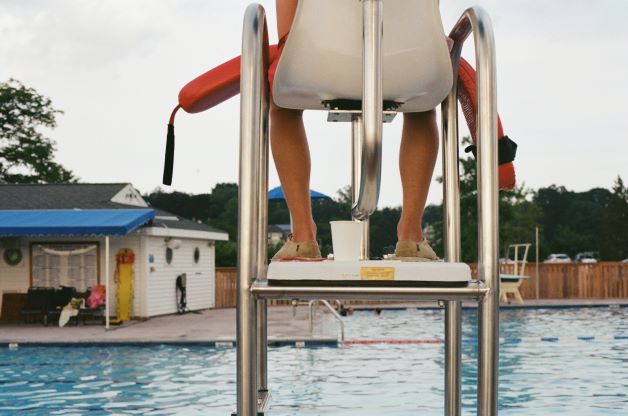|
I just finished listening to That’ll Never Work: The Birth of Netflix and the Amazing Life of an Idea by Netflix’s co-founder, Marc Randolph.
In his compelling memoir, Marc referenced screenwriter William Goldman (All The President’s Men; The Princess Bride), who described Hollywood in three words: Nobody knows anything. Goldman explained that nobody can truly predict how a movie will do until after it’s released, regardless of the budget, or the caliber of the script, the director, or the actors involved.
Marc applied this same theory to describe Silicon Valley: nobody knows which concepts will succeed until one does.
When he originated the idea of renting DVDs over the internet in 1997, many people (including his wife) said, “That’ll never work.”
But their prophetic declarations were simply assumptions based on their knowledge and experiences.
At the time, Blockbuster was a $6 billion business, and internet consumption was relatively new. So, of course, it was hard to imagine using the internet to rent a movie instead of driving down the block to a video store.
And in 1999, when Netflix decided to evolve to a subscription model with no late fees, people said, “That’ll never work.” Because at the time, subscriptions were for magazines, not movie rentals, and charging late fees ensured movies were returned!
Nobody knows what will eventually happen, including mentors. Instead, people merely reference their past experiences to inform their future predictions. And then they forecast and pontificate about what will and won’t work. For example, in 1995, astronomer Clifford Stoll brazenly declared in Newsweek magazine that the internet would be a passing fad. (Good thing Marc didn’t heed Clifford’s warning!)
Growth happens in action, not speculation.
Incidentally, mentors don’t want to be your fortune teller. They signed up to be part of your journey. That’s the only way they’ll grow too.
So, invite their opinions, advice, perspectives, and ideas. But then explore those as you move, don’t adopt them while you’re standing still. Think critically. Consider context. Take a chance. Evolve as you discover, as Netflix continues to do.
At the end of the book, Marc concluded, “You’ll learn more in one hour of doing something than in a lifetime of thinking about it.”
Welcome wisdom but apply it mindfully and actively.
© 2021. Ann Tardy and MentorLead. All Rights Reserved. www.mentorlead.com |
